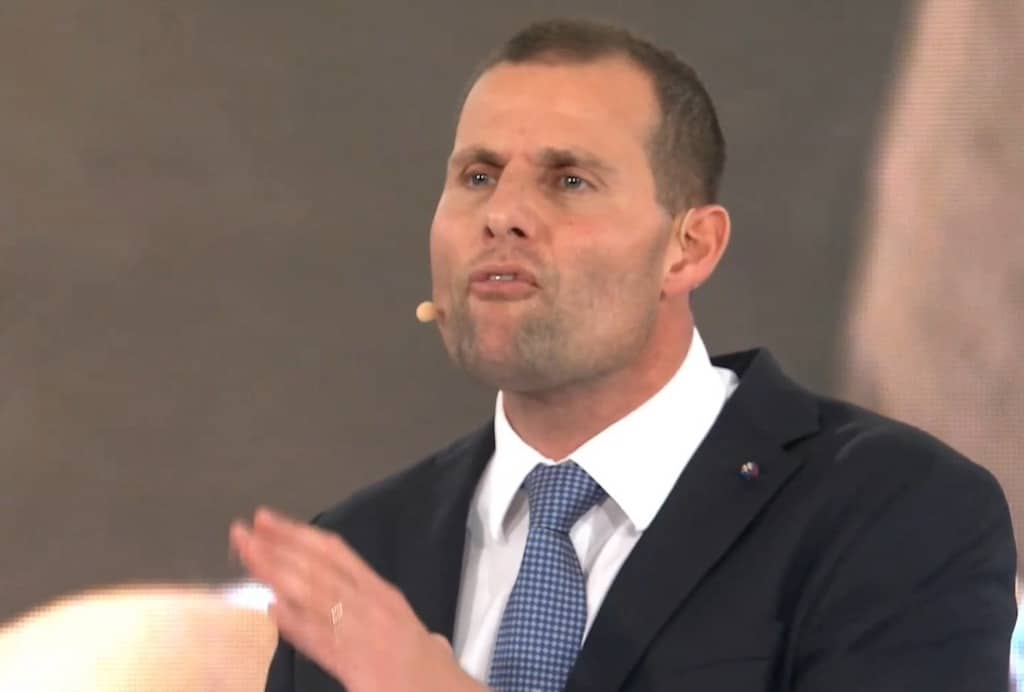
Robert Abela spent days mocking the PN for missing the qualifier “not” in one of its electoral manifesto proposals. The PN were referring to one of the droves of subsidies they were promising to keep, and they said they ‘would remove’ them when they meant to say they ‘would not remove’ them. I’m simplifying but it wasn’t far more complicated than that.
The matter made it to a spooky Labour Party billboard with a photoshopped Bernard Grech cast as the ghost of Christmas future promising to take away a pointedly unspecified subsidy. A typo was misrepresented as evidence of evil. It was quite silly really because it was an obvious mistake. What political party here proposes to abolish a subsidy in its electoral program?
There has been some justified criticism about the packaging of both electoral programs. To buff up the number of proposals (as if that matters more than their content) careful reviewers found duplications, ambiguities, and even some contradictions.
Given the notoriously near inexistent resources available to the PN (and I know this sounds like partisan bias, but I kid you not, it isn’t) it’s a miracle they came up with a document of the quality they produced, defects and all. You see, inadequacies in the drawing up of an electoral program cannot be compensated with having a lot of money. Money helps you pay for better drafters perhaps, and for proof-reading and for more attractive design. But the ideas need commitment, creativity, and intelligence, values that cannot be bought. Either the party has the brains to produce the ideas, or it doesn’t. And the evidence it does is in the document itself.
It’s not like there are no good ideas in Labour’s program, though nowhere near the much vaunted 1,000. That’s just megalomania.
Yesterday, Labour had to make a U-turn and climb down on one of their highfalutin proposals. This wasn’t about leaving a precious “not” in a sentence giving it the opposite of the obviously intended meaning. Labour’s program said the party supported, in principle, the notion of compulsory union membership, a position which analysts variously described as authoritarian, regressive, and, most significantly perhaps, unconstitutional.
Labour faced a united front of business organisations yesterday that took the rather unusual step of making an explicit call for the withdrawal of the proposal. Labour had to bow down. Ironic given how gleefully they mocked the PN for having to correct a typo in their program after its publication.
The incident is indicative of a deeper malaise. Political parties are closed and inward looking. The drawing up of political programs is conducted secretively and seasonally, not unlike the way the annual budget speech is drafted by the government keeping the Jack tightly wound in the box to be sprung like a miraculous stream in a desert. All the care for dramatic surprise eats into their proper job of doing their job properly.
An election is not a revolution. It is a regular democratic appointment to give voters the opportunity to adjust the direction of the ship. In this context electoral programs should not be surprising but should articulate a predictable combination of a party’s political culture and ideology with the country’s broader inter-generational path.
Instead, electoral programs are produced not unlike the old Soviet five-year plans, dramatic stone tablets casting in stone the infallible vision of the political leader which publicly everyone applauds in admiration and privately nobody believes.
The job of thinking ahead should not be seasonal for politicians. It should be constant. And in a parallel sense the job of absorbing ideas from civil society and interest representatives, the stimulation of dialogue, and the search for consensus should be happening all the time.
Once a party places a proposal in its political program it should be able to anticipate who would object to it and why because they would have had that discussion many times before in an effort to reach consensus. Labour’s inability to defend such a categorical proposal as the forced unionisation of the entire labour force shows just how lightly they took the matter. They got an email from the General Workers’ Union and copied and pasted just about everything there with little regard to what the proposals meant.
They made the rather correct assumption that most people do not read electoral programs and almost nobody votes because of what they read in them. What matters more is the spectacle of the launch event and a magic number – 1,000 this time – that the others cannot beat.
By the next election we’ll have 5,000 proposals nobody reads and even less people believe, and by drowning it in nonsense Labour would ensure that we reduce to absurdity yet another ritual of what passes for this country’s democratic experience.